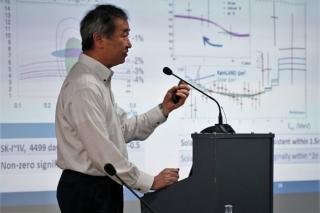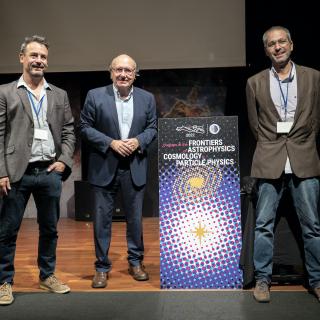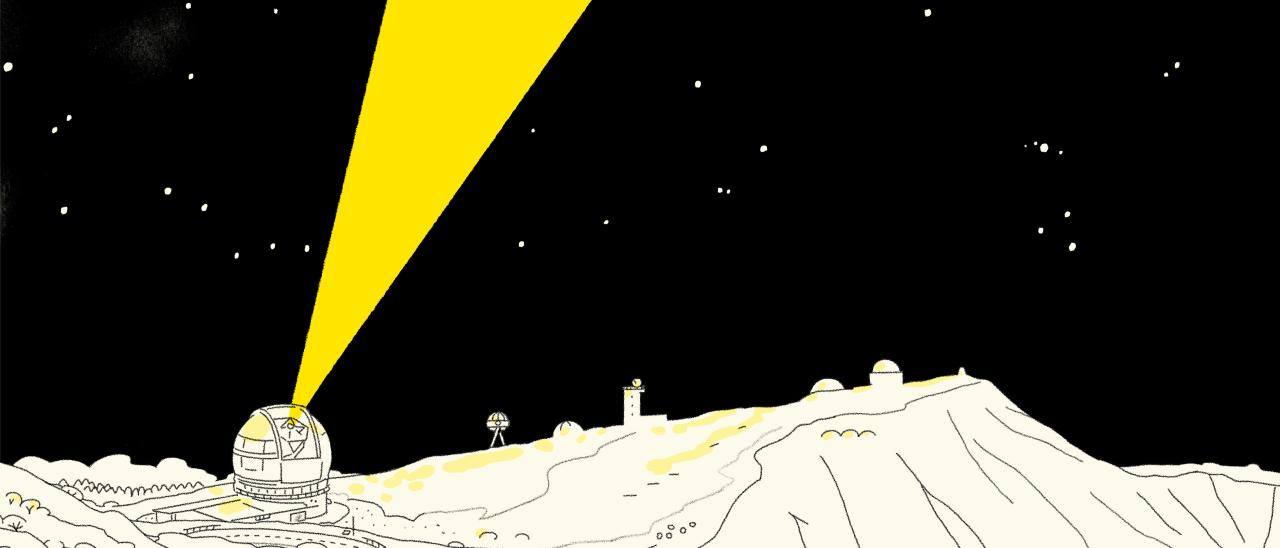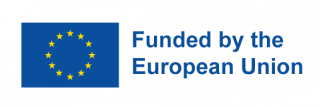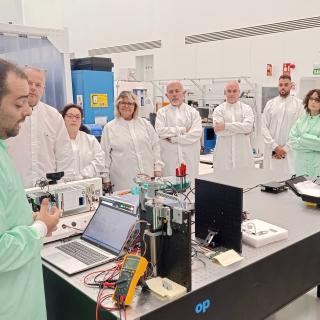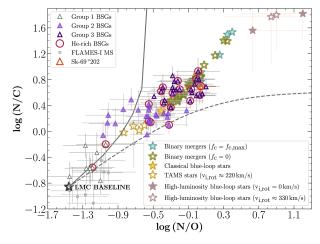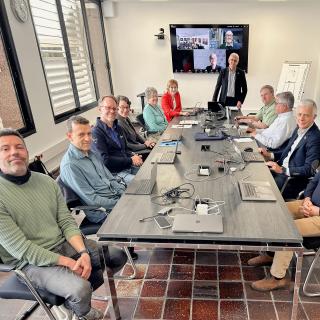UNDARK is a pioneering project led by the Instituto de Astrofísica de Canarias (IAC) bringing together outstanding international institutions in the fields of astrophysics, cosmology, and particle physics. Funded for three years via the 'Widening' programme of the European Union, its objective is to tackle one of the major puzzles of contemporary physics: the dark universe.
The major part of the Cosmos is composed by the so-called “dark universe”. Barely 18% of the total matter in the universe is made up of the elements in atoms with which we are familiar, while the remaining 82%, termed “dark matter”, is the dominant type of matter in galaxies. But most intriguing is the fact that all matter, ordinary and dark, currently only makes up 31% of the energy in the universe, with the rest being an even more mysterious component called dark energy which causes the universe as a whole to accelerate while it is expanding. Between them, the dark matter and dark energy can be grouped together to form the “dark side of the universe”. The UNDARK project (Unravelling the Dark Universe from the Canary islands Observatories), aims at resolving the constituents and the laws which govern this dark side of the universe.
The project, led by IAC researcher Jorge Martín Camalich, involves building a consortium with the collaboration of outstanding international institutions among which is the European Organization for Nuclear Research (CERN), the most important particle physics laboratory in the world.
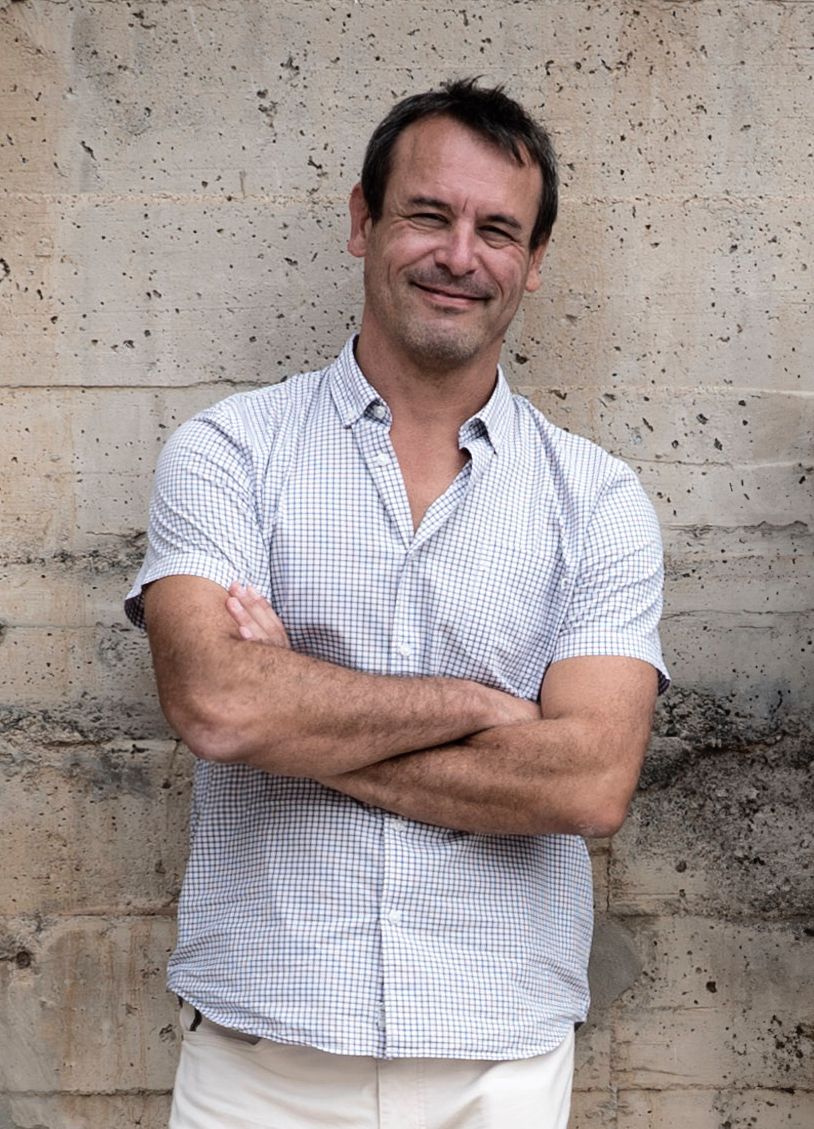
The IAC will play a central role in this international project, taking advantage of the theoretical excellence of its collaborators, and the front-line infrastructure of its Observatories. From the Gran Telescopio Canarias to the gamma-ray telescopes of the future CTAO and the instruments which measure the cosmic microwave background radiation at Izaña (Tenerife) such as QUIJOTE, the Canary Island Observatories will become key nerve centres for the gathering of crucial data in the search for answers to the puzzles which the dark universe presents.
“The UNDARK consortium represents a significant milestone in the scientific research and the international collaboration which is being developed at the Canary observatories”, explains Martín Camalich. “With this project we hope to be the leaders in the exploration of some of the deepest current mysteries of the cosmos” he concludes.
The 'Widening participation and spreading excellence' programme is part of the European Research Area (ERA) Policy Agenda and aims to harmonise research and innovation (R&I) capacities among all EU countries.
